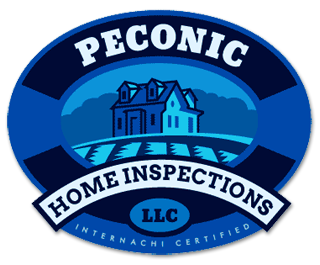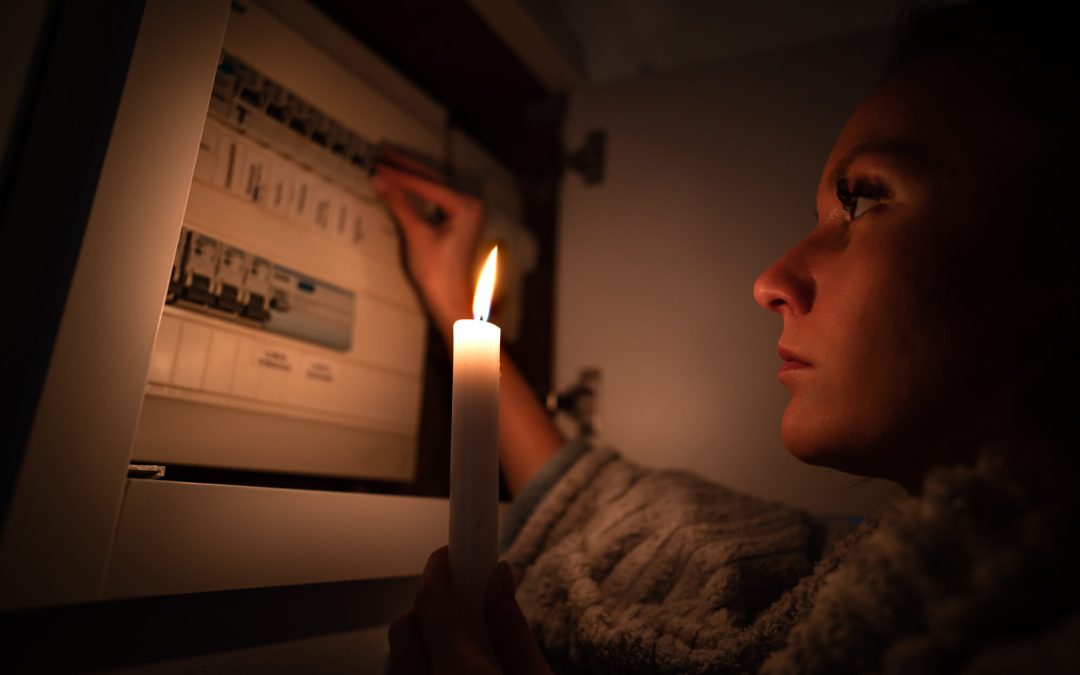Power outages can happen anytime due to severe weather or equipment failure. Gather supplies and create a plan to keep your family safe and comfortable when the lights go out. Here are four tips to prepare your home for a power outage.
Easy Ways to Prepare Your Home for a Power Outage
1. Create an Emergency Kit
Create an emergency kit to feel ready for a power outage. Include non-perishable food, water, flashlights and batteries, a first aid kit, blankets, warm clothing, and a portable phone charger.
Keep canned goods, dry food items, and snacks that don’t require refrigeration or cooking, It’s recommended to have supplies to sustain your family for at least three days. Store at least one gallon of water per person per day, and invest in a water purification system or tablets in case the water supply is compromised. Have multiple flashlights and an ample supply of batteries in an easy-to-access location. LED flashlights are energy-efficient and provide long-lasting illumination. Include a well-stocked first aid kit with bandages, antiseptic wipes, and prescription medications for your family. In colder months, have extra blankets or sleeping bags and warm clothing to stay comfortable in case of a prolonged outage. A portable power bank will help you keep your mobile devices charged.
2. Backup Power Sources are Helpful During a Power Outage
Invest in a backup power source to keep essential appliances running during an outage. A few options include a portable generator, uninterruptible power supply (UPS), and solar power.
A portable generator provides electricity to selected appliances and devices. Use it safely, following all manufacturer’s instructions. UPS systems maintain power to computers, routers, and sensitive electronics for a short time, allowing you to save your work and shut down safely. Solar panels with battery storage are a more sustainable long-term solution for power backup, reducing your reliance on fossil fuels.
3. Prepare for a Power Outage: Secure Your Home
Install surge protectors to safeguard sensitive electronic equipment from voltage spikes that may occur when power is restored. Keep windows and doors closed during extreme weather to minimize heat loss or water ingress. Place battery-operated LED lights throughout your home to prevent accidents in the dark. Keep the refrigerator and freezer closed to preserve perishable food items when the power goes out. An unopened refrigerator can maintain a safe temperature for about four hours, while a full freezer can last up to 48 hours if kept closed.
4. Stay Informed
Invest in a battery-powered or hand-crank weather radio to receive important updates about the situation, weather conditions, and safety recommendations. Make a list of emergency contact numbers, including utility companies, local authorities, and family members, in case you need assistance. Download relevant mobile apps, such as those provided by your local utility company, for outage information and updates. Have a list of local emergency shelters and community resources available if the outage is ongoing.
Preparing your home for a power outage is essential for your family’s safety and well-being. With these tips, you will feel ready to face an electrical outage with confidence and minimal disruption to your daily life.
Peconic Home Inspections provides inspection services to homebuyers and sellers on Long Island. Contact us to schedule an appointment.

